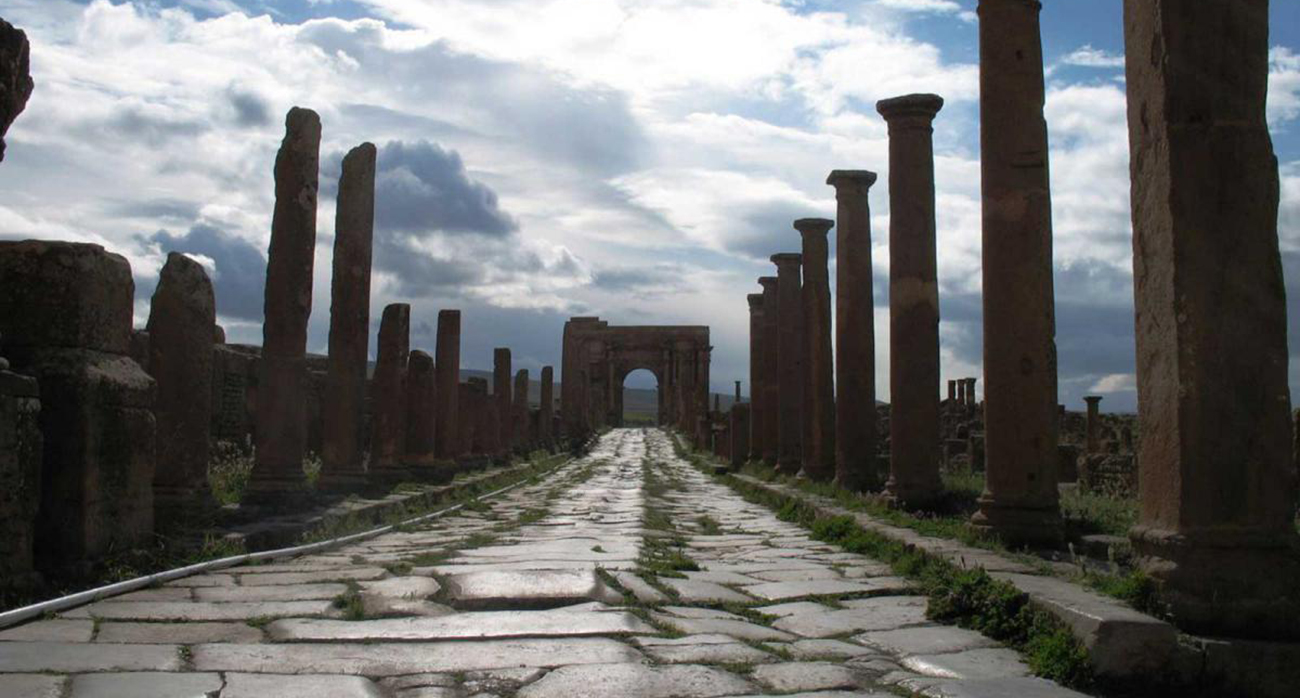Quotes from “Gladiator”
In the stirring battle scene at the beginning of this exciting film, the heroic general Maximus Decimus Meridius, played by Russell Crowe, makes the following two statements. In both cases the following Latin translations are offered by Sabidius: (1) "At my command, unleash Hell!" Latin: "Me iubente, solvite Tartarum!" (2) "What you do in life echoes in eternity!" Latin: "Quid agimus in vita resonabit per aeternitatem!"...

